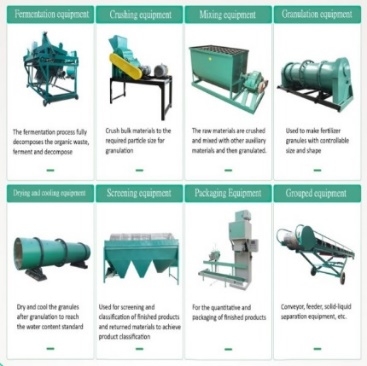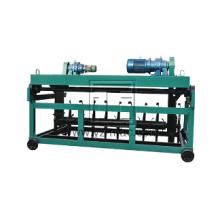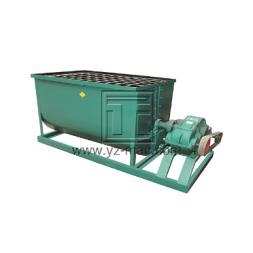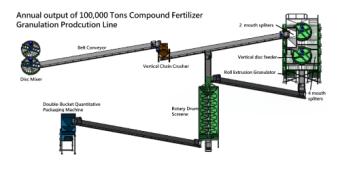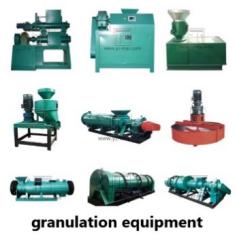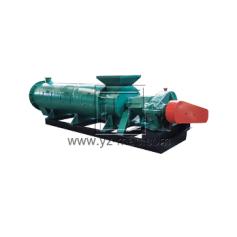Choose organic fertilizer production equipment
Choosing the right organic fertilizer production equipment is crucial for successful and efficient organic fertilizer production. Here are some key factors to consider when selecting organic fertilizer production equipment:
Production Capacity:
Assess your production requirements and determine the desired production capacity. Consider factors such as the volume of organic materials available, the size of your operation, and the market demand for organic fertilizers. Choose equipment that can handle the desired production volume effectively and efficiently.
Types of Organic Fertilizers:
Identify the specific types of organic fertilizers you want to produce. Organic fertilizers can come in various forms, such as powders, granules, or liquid concentrates. Different types of equipment are available for each form. Select equipment that is designed for the specific type of organic fertilizer you intend to produce.
Raw Materials:
Consider the types of organic materials you have available for fertilizer production. This can include animal manure, crop residues, food waste, or other organic waste materials. Ensure that the equipment you choose is suitable for processing the specific raw materials you have on hand.
Production Process:
Understand the production process involved in organic fertilizer production. This includes steps such as fermentation, crushing, mixing, granulating, drying, cooling, and packaging. Choose equipment that can perform the necessary processes required for your production process efficiently and with desired output quality.
Automation and Control:
Evaluate the level of automation and control offered by the equipment. Automated systems can streamline production, improve efficiency, and provide consistent product quality. Look for equipment that offers advanced automation features and precise control over parameters such as temperature, moisture, and mixing ratios.
Equipment Reliability and Durability:
Ensure that the equipment you choose is of high quality, reliable, and built to last. Consider factors such as the reputation of the manufacturer, warranty terms, and customer reviews. Investing in durable equipment reduces maintenance costs and downtime, ensuring smooth operation and long-term productivity.
Environmental Considerations:
Consider the environmental impact of the equipment and the production process. Look for equipment that incorporates energy-saving features, efficient waste management systems, and minimizes emissions. Opting for environmentally friendly equipment aligns with sustainable practices and can enhance the overall sustainability of your fertilizer production.
Budget:
Determine your budget for organic fertilizer production equipment. Compare prices from different manufacturers, keeping in mind the quality, features, and capabilities of the equipment. Remember to consider the long-term value and return on investment when making your decision.
After-Sales Support:
Evaluate the after-sales support offered by the equipment manufacturer. This includes technical support, training, and availability of spare parts. Reliable after-sales support ensures that any issues or maintenance needs can be promptly addressed, minimizing downtime and optimizing production efficiency.
By carefully considering these factors, you can choose organic fertilizer production equipment that aligns with your production requirements, maximizes efficiency, and produces high-quality organic fertilizers. It’s recommended to consult with equipment manufacturers, seek recommendations from industry experts, and thoroughly evaluate the features and specifications of the equipment before making a decision.


